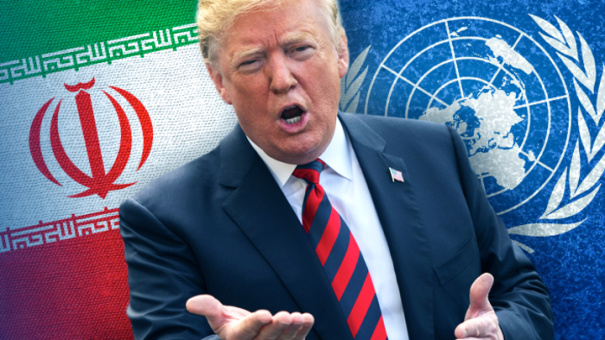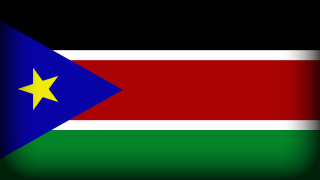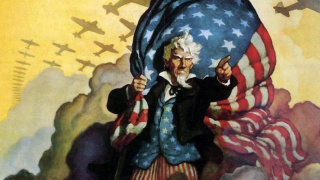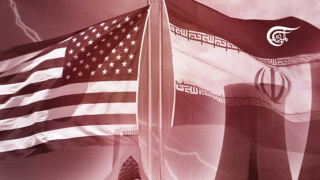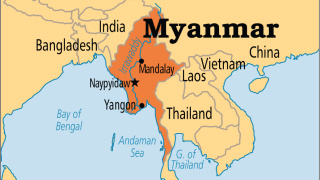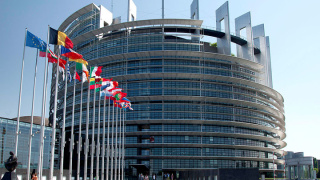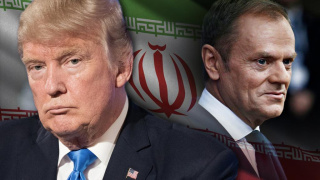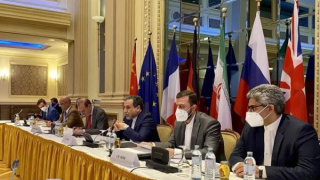UN Defended Iran From the US Sanctions
The United Nations International Court of Justice issued a decision by which the United States undertakes to partially lift the sanctions against Iran.
Iran seized the initiative from the United States on the issue of sanctions. Tehran has long understood that it’s pointless to argue with Washington when the most pro-Israel president Donald Trump is at the helm. Therefore, Iranians act either through third countries or through international mechanisms. And in both directions, Iran manages to achieve results.
The International Court of Justice has upheld the Iranian lawsuit against US sanctions. The United States has obliged to lift some sanctions that relate to the humanitarian sphere. The court’s decision affects, in particular, free supplies of medicines, food and agricultural goods to Iran, as well as spare parts for civilian aircraft.
All these restrictions, according to the UN, threaten the lives of ordinary Iranians and air safety.The International Court of Justice justified its decision by the fact that the sanctions violate the 1955 American-Iranian Friendship Treaty.Trump still campaigned with anti-Iranian slogans, but full-scale pressure on Iran began on May 8, when the United States withdrew from the Joint Comprehensive Action Plan (JCPOA) or, as it is often called, the “nuclear deal.”
Three months later, on August 7, Washington introduced the first package of sanctions against the aviation and financial sectors of the Iranian economy. The Irn Real has fallen in price by 70% this year, and since May, Iranian oil exports have decreased by 35%.
Another success of Iran can be considered the willingness of other parties to JCPOA - France, Germany, Britain, China and Russia - to comply with the deal. Even in spite of the fact that the USA threatens to extend Iranian sanctions against any companies that will ignore these restrictions.
At the UN General Assembly, the European Union even announced the creation of a special mechanism that would circumvent the sanctions and, according to EU foreign minister Federica Mogherini, “will facilitate payments related to exports, including oil, and imports of Iran.” Earlier, the EU introduced a special regulation prohibiting European firms from complying with US sanctions and guaranteeing them compensation in certain cases.
Formally, Iran won, because the key countries and the UN were on its side. Theoretically, Tehran can continue this legal practice and achieve new, advantageous verdicts. But the question is how effective all these measures are. Experts are still arguing about the efficiency of the EU circumvention mechanism.
Big business doesn't trust promises. Such influential European TNCs as Total, Peugeot, Deutsche Telekom, Deutsche Bahn, Daimler and others left Iran. And it’s not in vain that today at the energy forum, Vladimir Putin told his Western colleagues that the EU’s measures turned out to be “late”. The head of Total, Patrick Puianne, who was sitting next to him, confirmed that the French oil and gas company would not return to Iran.
The United States has repeatedly demonstrated that international law is nothing more than an empty phrase. So, the decisions of the International Court of Justice, which contradict the entire US Middle East strategy, will not be exactly respected.
